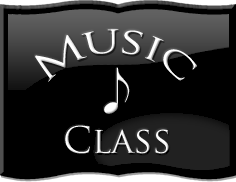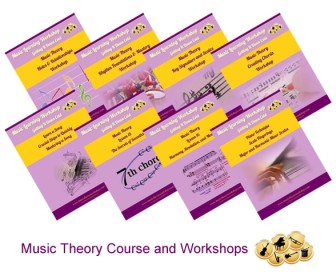Enhanced Learning Experience by Paying Attention to the Conversation

How can a simple music learning conversation can lead to so much more?
How a simple comment can make your day and your music teachers day. Paying attention to the conversation was a key to improving learning.
The following is a paraphrased email to a music teacher. I have substituted titles for the real names.
A Simple Conversation
Dear teacher,
I haven’t been at a computer in five days, so I had to delay telling you this.
When we were leaving my daughters last lesson she said to me: “Dad, do you know what I like about my teacher?”
What’s that, I say?
She said, “He asks a lot of questions. And I’m usually the one that asks a lot of questions.”
I found that really refreshing, but odd since she never seems to ask you any. Maybe we could prompt her to come up with a question before each lesson about what she is doing. That might even engage her more.
Just thought you’d enjoy hearing that.
Dad
The reply
Hi Dad,
You (and your daughter) just made my day!
Also, you mentioned the connection between questions and engagement…very observant. I like your idea about having her come up with a question every week.
Even better if she comes up with an answer to it before the lesson, although I’d still be interested in knowing her question (and then of course how she arrived at her answer).
Take care…see you soon,
Your Teacher
Considering the Exchange
Let’s examine this is a simple exchange in a music learning conversation. So dad was so impressed by his daughters observation he shared it with the teacher.
Implied in the conversation is that the student doesn’t actually ask any questions even when prompted by the teacher.
The teachers day was made, can you imagine how great that feels to get that kind of feedback. It was such a simple thing but so much appreciated. Now don’t we all have a tendency to take our teachers for granted most of the time.
Sometimes it’s these types of abstract comments that have so much more meaning than the day to day thank you we so often give.
Taking this a bit further, the student, parent, teacher relationship has just been engaged to potentially improve the learning experience. Look at the possible options. Now a gentle push to have the student think about what they are doing and to be prepared to ask the teacher a question will start to push the learning envelope.
The observation that they may question and answer both, and provide for dialog on the issue for a deeper study of the issue.
I’m hoping that this music learning conversation has opened up to you the possibility of improving your relationships in a way that will allow you, your child, and your teachers to work to improve the performance.
I’m now thinking of a subtle way to ask leading questions that will spark an idea for improved learning.
Learning Resources

